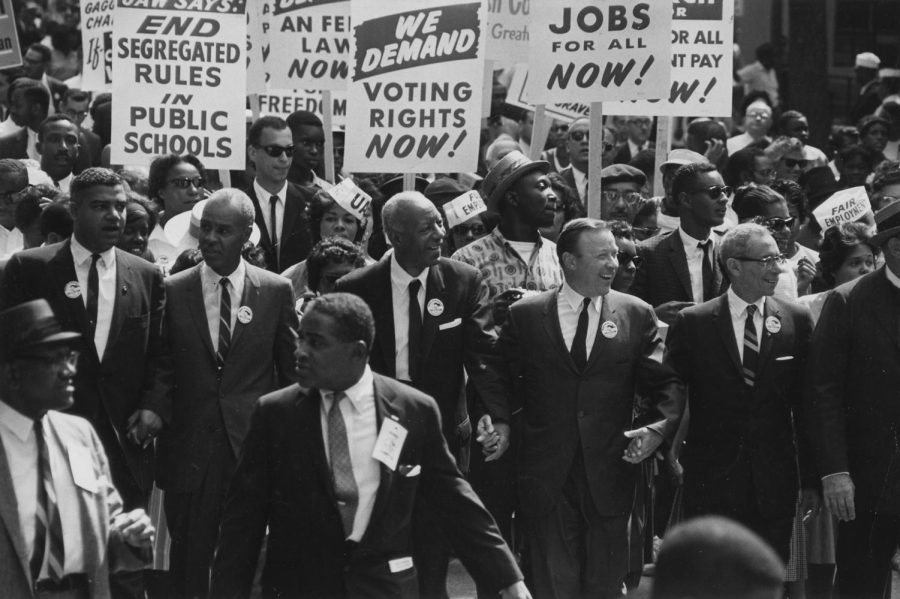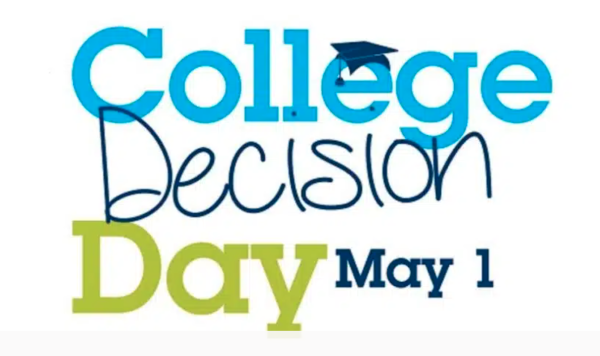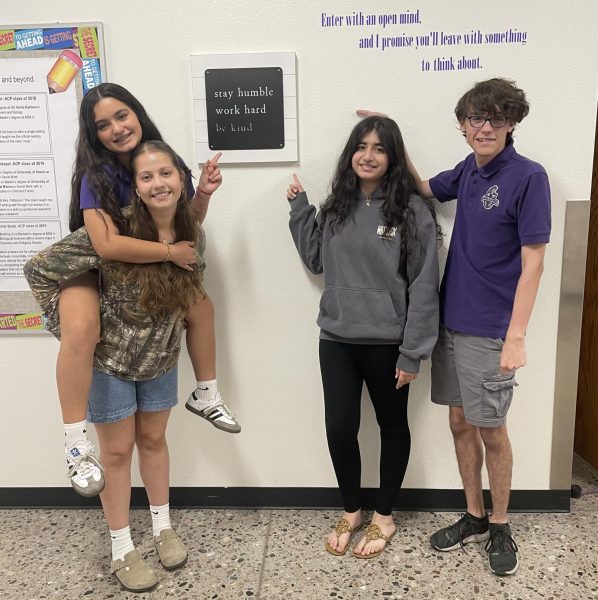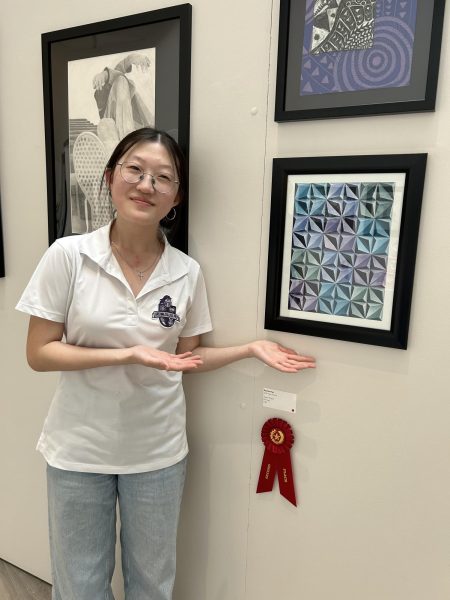Famous Activists Marching Alongside With MLK Jr.
This Monday, on January 16, 2023, was this year’s Martin Luther King Jr. Day, named after the most prominent and popular activist of the American Civil Rights Movement in 1954 to 1968. Being the image of the movement, King was renowned for his “I Have A Dream” speech, in which King urges his audience to imagine a world where discrimination and racism was not an epidemic in America, and where “the sons of former slaves and the sons of former slave owners will be able to sit down together at the table of brotherhood.” However, King was not the only Civil Rights activist during this time that helped reform our nation to be true to its word that “all men were created equal”. From teachers to journalists, here are a few of well-known black activists during the Civil Rights movement that changed American history.
Pauli Murray

In addition to also being a women’s rights activist, they were also the first Black person to earn a Doctor of the Science of Law degree from Yale, and the first Black woman to be ordained an Episcopal priest. She also co-founded the Congress of Racial Equality and the National Organization for Women in 1966 and was appointed to President Kennedy’s Committee on Civil and Political Rights.
John Lewis
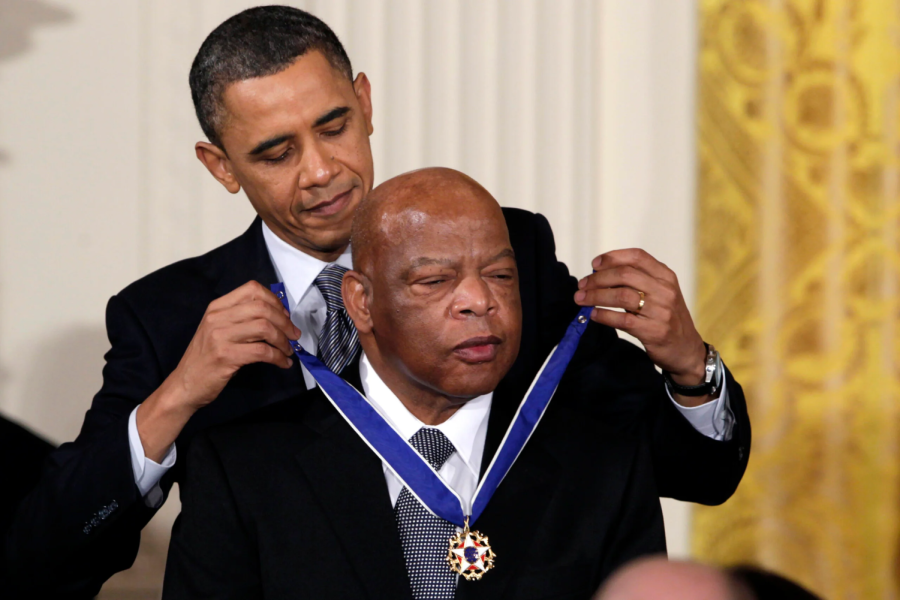
Also known as the younger speaker and organizer on the March of Washington, he was dubbed as one of the “Big 6” of the Civil Rights Movement, which included Martin Luther King Jr., A. Phillip Randolph, Roy Wilkins, James Farmer, and Whitney Young. Lewis also led the march from Selma to Montgomery in Alabama and was elected to the House of Representatives in Georgia’s 5th district in 1986, which he held until his death recently in 2020.
Ella Baker
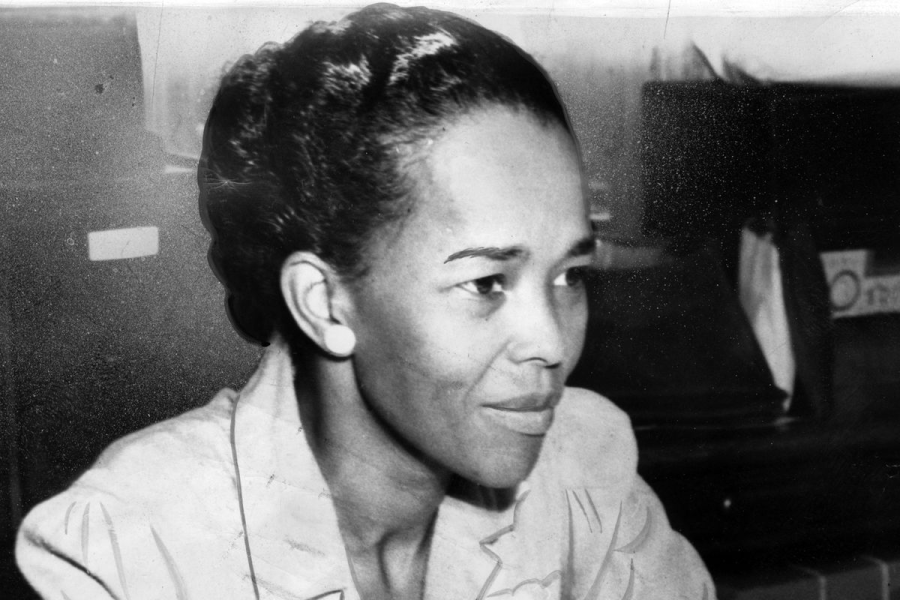
As another advocate for peaceful and nonviolent protest, Baker co-founded the organization In Friendship to raise money to fight against Jim Crow Laws in the deep South. She was also field secretary and branch director of the National Association for the Advancement of Colored People (NAACP), as well as organized the 1961 Freedom Rides and aided in registering Black voters.
Mary White Ovington
Born to abolitionist parents, it was her birthright to become a founding Civil Rights activist, helping to establish Greenwich House Committee on Social Investigations in 1904 before helping to find the NAACP along with William English Walling, Ida B. Wells, and W.E.B. DuBois, and was appointed as the association’s secretary before serving as it’s chair during World War I. She also wrote many books discussing Civil Rights such as Half a Man (1911), Status of the Negro in the United States (1913), Portraits in Color (1927), and more.
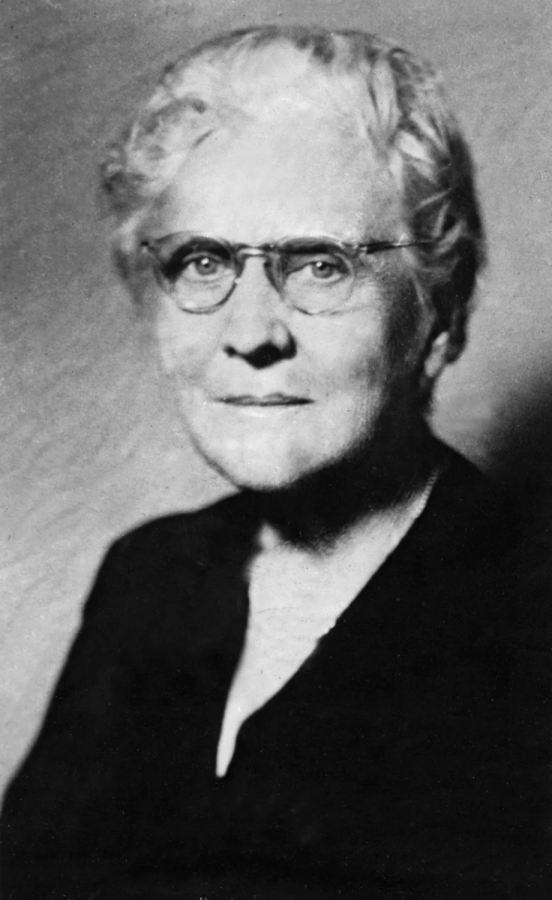
There are so many more activists and abolitionists that helped our country through its internal struggle with prejudice and discrimination, and without them, someone like me, an Indian-American, wouldn’t be able to be sitting in this chair, typing this article. There are so many individuals that wouldn’t even have been able to receive a proper education in universities like Harvard or Stanford if it weren’t for the success of the Civil Rights Movement through the determination of all of these activists. So while many of you got to sit back on a three-day weekend, remember the name that we take the day off on and what he and many other protestors did for future generations to come.
Credits:
https://naacp.org/find-resources/history-explained/civil-rights-leaders/mary-white-ovington
https://www.npr.org/2010/01/18/122701268/i-have-a-dream-speech-in-its-entirety
